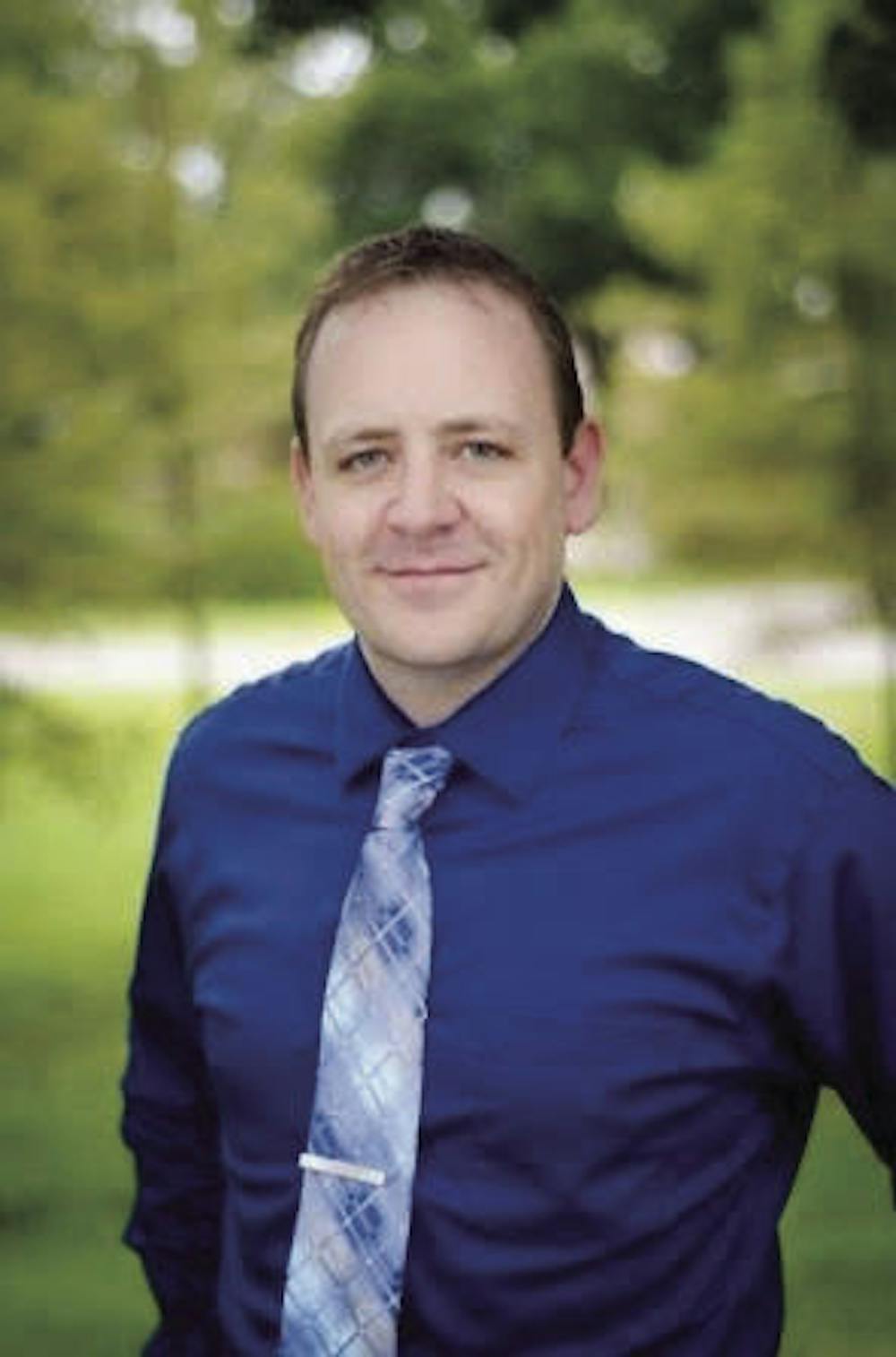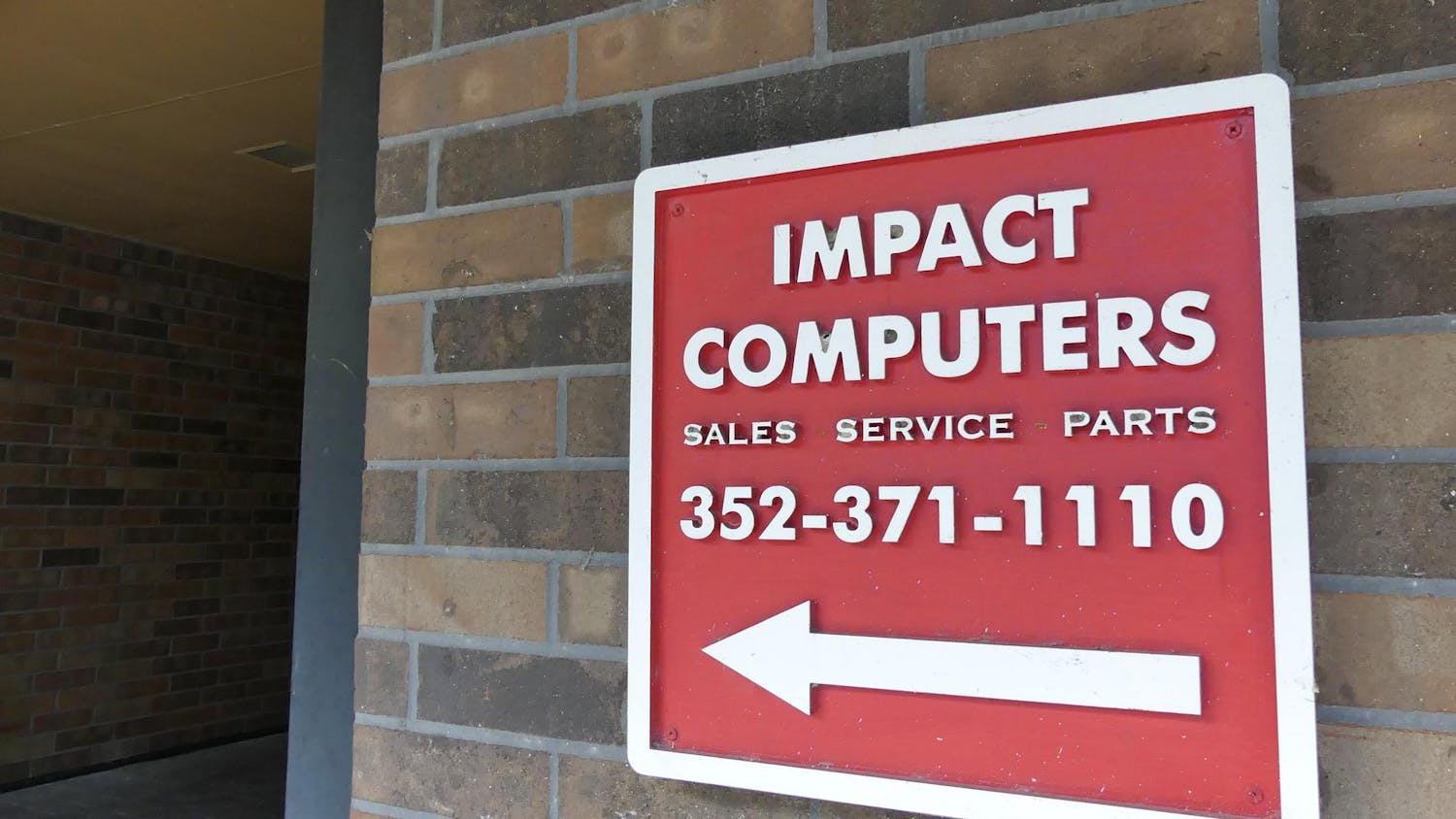Two UF engineering professors have been selected by the U.S. Department of Defense to receive millions of dollars of funding to study how the brain learns.
In April, Kevin Otto and Karim Oweiss of UF’s Herbert Wertheim College of Engineering were two of eight nationwide leaders selected in April to receive $4.2 million each from the Defense Advanced Research Projects Agency.
The agency’s Targeted Neuroplasticity Training program will give Otto and Oweiss yearly funding to study brain training on separate teams. Although the two scientists will have different approaches, they will both be working toward the common goal of figuring out how the brain learns.
The researchers involved in this project will primarily be experimenting on rodents. According to Oweiss, members will establish a baseline learning grade of each rodent. They will then stimulate each rodent’s peripheral nerves to assess to what extent they can either perform the same tasks faster or learn to solve more complex tasks. Rodents are often used in experiments because they’re sophisticated and are able to behave and learn, Otto said.
The term “peripheral nerves” refers to the peripheral nervous system. It’s a network of 43 pairs of motor and sensory nerves that connect the brain and spinal cord to the human body.
Otto said one of the biggest reasons he became interested in this project is because of his interest in brain plasticity and how the nervous system requires information. His biggest goal is to understand the stimulation of peripheral nerves, especially in the way they interface with other parts of the body.
“If we understood how to interface with them effectively (peripheral nerves) and really develop those interfaces to have the effect that we thought we could achieve, we could treat many, many problems that stem from disease or injury or otherwise,” Otto said.
Oweiss will be working with Qi Wang, an assistant professor of biomedical engineering at Columbia University. According to Oweiss, Wang is subcontracted under his contract.
The biggest goal for Oweiss in this experiment is to accelerate human cognitive skill learning, even when it comes to human aging.
“That has much wider implications than just accelerating someone’s ability to learn a new language or make better sense of intelligence information,” Oweiss said.
Oweiss is also interested in the connection between the human brain and computers. He wants to make computers smarter and said that’s possible with help from the human brain.
“The brain is a great organ to learn from. If we learn how the brain learns, then we can make computers better learners,” Oweiss said.
Contact David Street at dstreet@alligator.org and follow him on Twitter: @dstreet177.
Kevin Otto
Karim Oweiss






